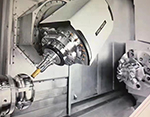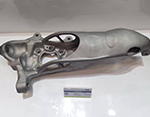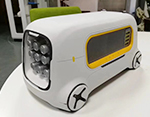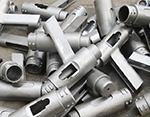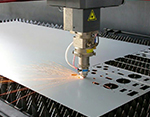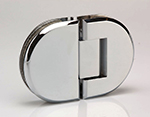Aluminium Die Casting Solution
With a wide range of manufacturing technologies on the market, it is common for company designers or purchasers to be confused about the different production options available when consulting a manufacturer. Our experience as manufacturing representatives has taught us that there is not always a 100% correct choice, but the choice should be transparent and down-to-earth for the decision maker. When it comes to aluminium die casting, our most complex manufacturing process, the following are some of the factors that make it suitable for practical learners.
Aluminium die-casting services are an efficient process for providing a wide range of shapes due to several advantages of die-casting. Aluminium die casting alloys help to manufacture complex aluminium parts. In this process, aluminium alloy ingots are heated at high temperatures. The process continues until the aluminium alloy is melted. Afterwards, the molten aluminium is injected into a steel cavity. kesu is committed to meeting the needs of our customers. We ensure the smoothness of the resulting alloy. Whether you are looking for precision parts in high or low volume production, aluminium die-cast parts are the ideal choice. Our team of experts can help you choose the right method. Let's find a sustainable solution together!
Benefits
Lightweight and strong: Aluminum die casting results in parts that are lightweight yet strong, making them ideal for use in transportation and other industries where weight is a critical factor.
High dimensional accuracy: The precision of die casting results in parts with high dimensional accuracy, reducing the need for machining and post-processing.
Versatility: Aluminum die casting can be used to create a wide range of shapes, sizes, and designs, making it suitable for a variety of applications.
Cost-effectiveness: The high production rates and low cost of aluminum die casting make it a cost-effective solution for producing high volumes of parts.
Durability: Aluminum die castings have excellent corrosion resistance and are able to withstand high temperatures, making them ideal for harsh environments.
Recyclability: Aluminum is 100% recyclable, making it an environmentally friendly choice for manufacturers.



